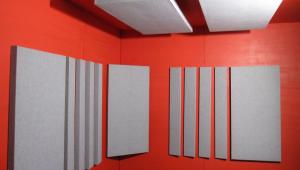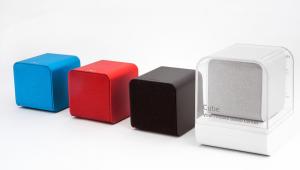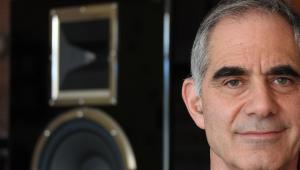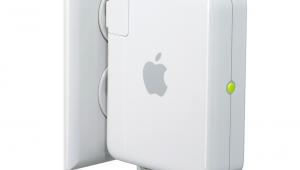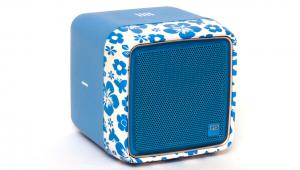Bye, Bye, Microsoft
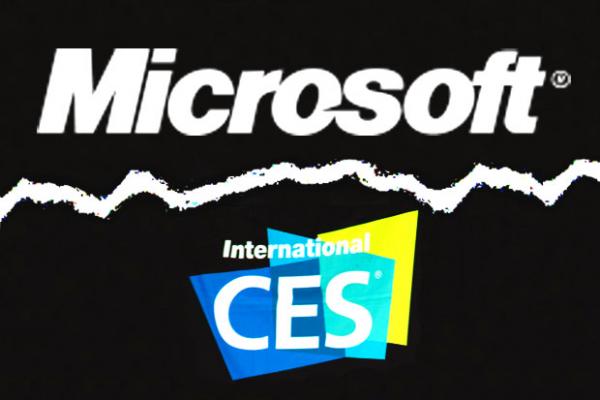
When I attended my first Consumer Electronics Show in 1990, Microsoft was a relatively small company that had had one real hit (MS-DOS) and was struggling to gain traction with its other applications. I don’t think the company even exhibited at CES back then. When I attended my 11th CES in 2000, Microsoft was regarded by most as the most important company at the show. Because I watched the company rise to dominate CES, it was in many ways shocking to me when I heard Microsoft had pulled out of the 2012 show and had cancelled its traditional keynote address.
But on another level, Microsoft’s withdrawal from CES didn’t surprise me. After all, why would a company that has repeatedly tried and failed to enter the consumer electronics business want to hang around the Consumer Electronics Show?
Consider the record. By my tally, the company’s only real success in consumer electronics has been the Xbox game platform, which maintains a strong presence in that field. The Windows Phone 7 platform has been well-reviewed but has yet to make a real impact. The Zune MP3 player succeeded on one level — you’ve actually heard of it — but failed in every other way. The company’s attempts to promote tablet computing went nowhere while its rival Apple succeeded spectacularly on its first try.
Microsoft strived to insert its technology into the living room with early home theater PCs, the later Windows Media Edition, and the Microsoft TV Foundation Edition cable-box OS. But a few diehard HTPC geeks perhaps excepted, few people greeted those efforts with enthusiasm. The company’s attempts at home automation through PCs similarly fizzled.
None of this means Microsoft is dead. Not even close. I’m writing this on a laptop running Microsoft Windows 7, using Microsoft Word, and when it posts I’ll check it using Microsoft Explorer. While I don’t know what database the Sound+Vision website uses, a lot of them run on Microsoft SQL Server.
Microsoft’s rival Apple doesn’t exhibit at CES, either. But it doesn’t need to. Any time an Apple product is introduced, it dominates the tech news for a week before and a week after the introduction.
What Microsoft’s departure from CES means is that Microsoft remains a computing company. It succeeds when it targets IT professionals, and when its products are already so well-established (Windows, Word, Excel, etc.) that there aren’t any real competitors.
Yet when it tries to sell to consumers, Microsoft generally fails. The company’s principals brilliantly understood how to gain leverage and use that leverage to effectively force its products into the commercial marketplace, and force its competitors out. Yet none of them ever seemed to understand that consumers cannot be forced. Consumers must be persuaded, charmed, seduced — and if anyone ever used those terms describing the effect of a Microsoft product or ad, I think we’d all laugh.
But you never know. The guy who turned Apple from a little computer company into a master seducer of consumers is gone. The guys who made Microsoft the 800-pound gorilla of enterprise computing are either out or probably on their way out.
And the 2012 CES will probably contain one exhibitor who, while barely able to pay the bill for a 10x10-foot booth at this show, will be taking colossal bites out of Apple’s and Microsoft’s business come 2020.






